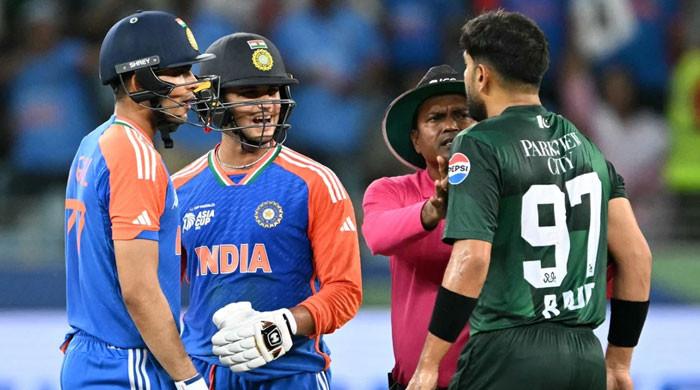BCCI Responds to Proposal on India-Pakistan Match Scheduling
The Board of Control for Cricket in India (BCCI) has weighed in on a suggestion made by former England captain Michael Atherton to the International Cricket Council (ICC). Atherton proposed that the ICC should avoid intentionally scheduling matches to ensure that India and Pakistan play each other in every major competition.
An official from the BCCI, according to an Indian news source, stated that while making suggestions regarding Pakistan-India matches is straightforward, broadcasters are unlikely to support a schedule that omits the highly anticipated contests between these rivals.
“It’s simple to comment on these matters, but will sponsors and broadcasters concur? Currently, if any prominent team, not just India, pulls out of a tournament, securing sponsors becomes challenging,” the BCCI official reportedly said.
Atherton’s comments followed the tension and controversy surrounding the recent Asia Cup, where India and Pakistan played each other three times, including the final. The matches were marred by heated exchanges and unsportsmanlike conduct.
Atherton noted in his column for The Times (UK) that the ICC’s decision to schedule India-Pakistan games in global tournaments is driven by substantial commercial and diplomatic considerations.
Since 2013, the two teams have been drawn against each other in the group stages of all 11 ICC events.
“Despite its infrequency—or perhaps because of it—this fixture holds significant economic power,” Atherton commented. “It’s a primary reason why ICC tournament broadcast rights are valued so highly, at approximately $3 billion for the 2023–27 cycle.”
He further explained that as bilateral cricket’s financial value decreases, ICC events gain importance, making the India-Pakistan match a vital element for broadcasters and stakeholders.
However, the former England captain suggested that the match has evolved into a platform for political and emotional displays, overshadowing the sporting aspect.
“If cricket once served as a diplomatic tool, it has now become a stand-in for broader tensions and propaganda,” Atherton asserted.
Atherton concluded by advocating for transparency in future tournament draws.
“For the next broadcast rights cycle, the fixture draw should be transparent—and if India and Pakistan don’t meet every time, so be it.”



Comments (0)
No comments yet. Be the first to comment!
Leave a Comment